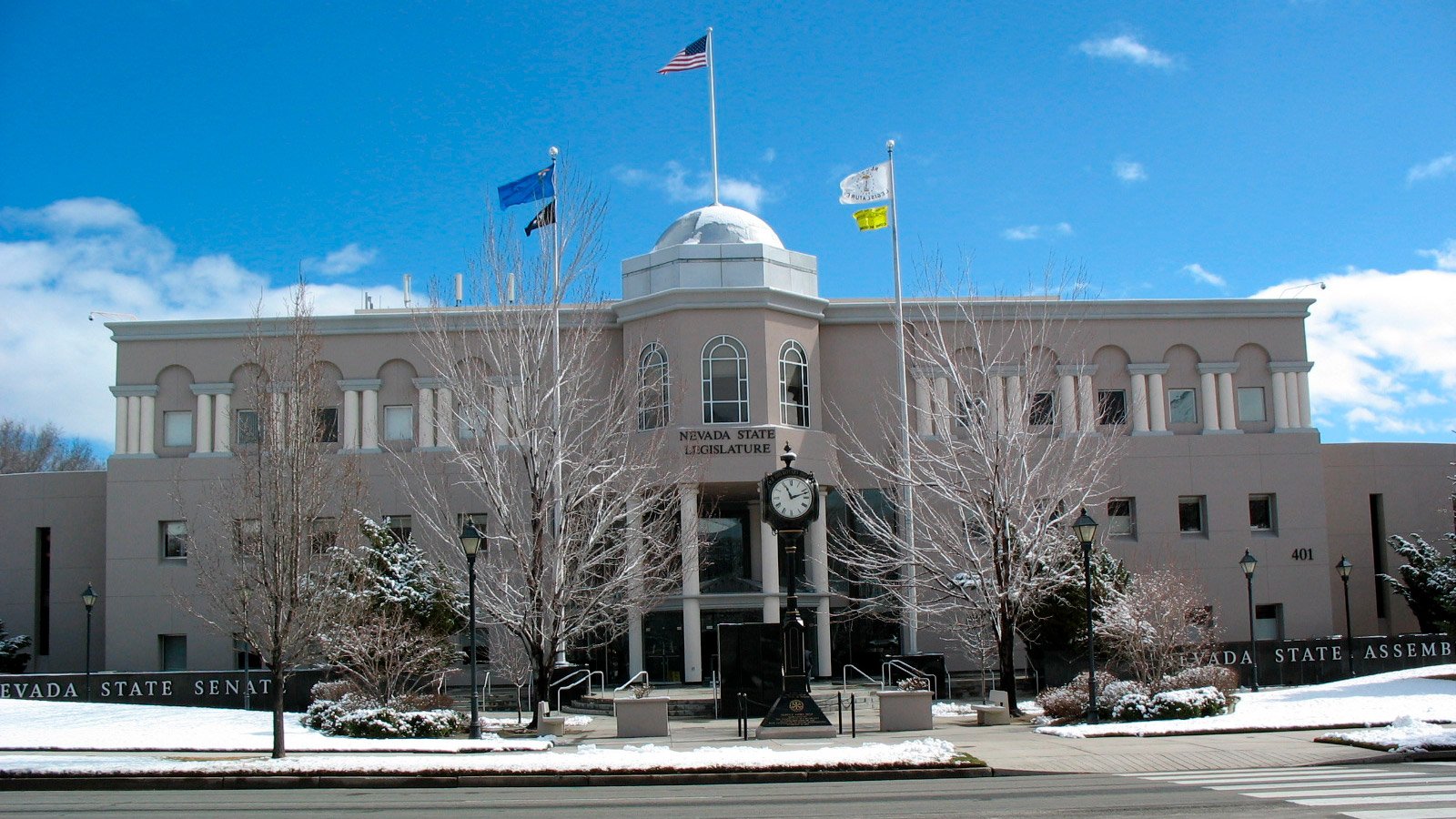Maine's gambling regulator launches virtual self-exclusion program

In line with Problem Gambling Awareness Month, Maine's Gambling Control Board announced Tuesday a brand new virtual program that will permit individuals to voluntarily exclude themselves from being able to participate in casino gambling in the state.
People in Maine now have the option to self-exclude from entering all casinos for a period of one year, three years, five years, or for a lifetime. Previously, the only way to register for self-exclusion was to go to a casino or designated location in the community to fill out the necessary paperwork. Now, with the virtual option, individuals do not have to leave their homes in order to register.
Steven Silver, who chairs Maine’s Gambling Control Board, said: "Gambling can be a fun and entertaining experience for many people. But we know that it can also be harmful to some people."
"We know right now there are some people who are struggling with problem gambling. So as a board, we wanted to make sure we have the proper resources and services in place to help our fellow Mainers," he added.
Lori Manson, Problem Gambling Services Coordinator with AdCare Educational Institute in Augusta, commented: "The Gambling Control Board has taken a positive step to reduce the harm of gambling problems by making self-exclusion more accessible and convenient for people in the State of Maine. Self-exclusion can be an effective way for some people who suffer from gambling problems to avoid the temptation of casino gambling."
A recent study found that 79% of Mainers gambled in the past year. 2% spent money at a casino weekly or more often, reports the Republican Journal. According to the National Council on Problem Gambling, 1% of U.S. adults are estimated to meet the criteria for severe gambling problems. Another 2% to 3% experience mild or moderate gambling problems which means their gambling is causing problems that impact their professional and personal lives.
"Only a small percentage of people who experience gambling problems will seek help," Manson said. "Many people aren’t even aware that gambling can be addictive in the same way that drugs are."
"Research has shown that gambling disorder is like substance use disorder in the way it affects the brain and body. When I talk to people with gambling problems, they are relieved that I am not going to judge them and that I am going to help connect them to resources that can help them rebuild their lives," the expert concluded.


















































